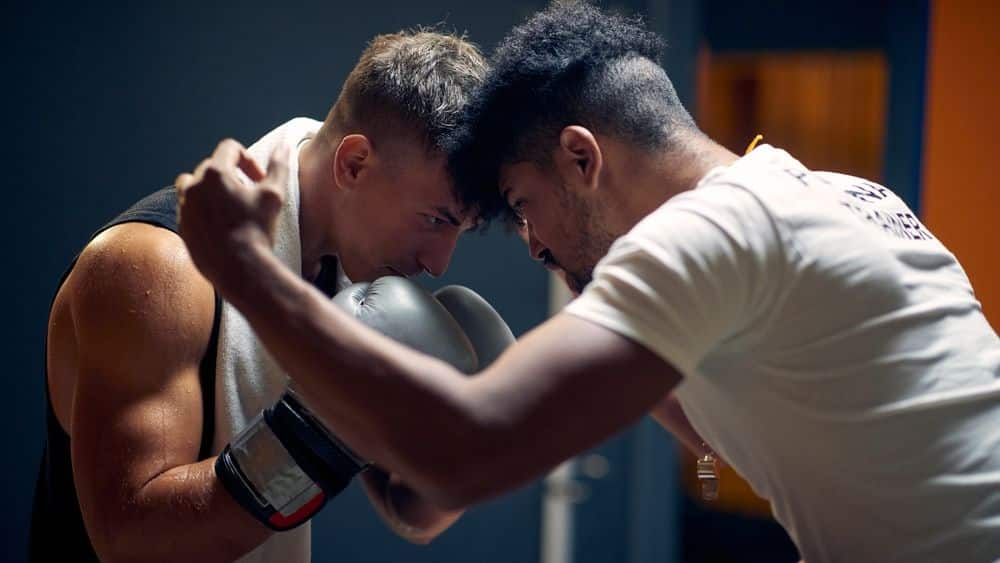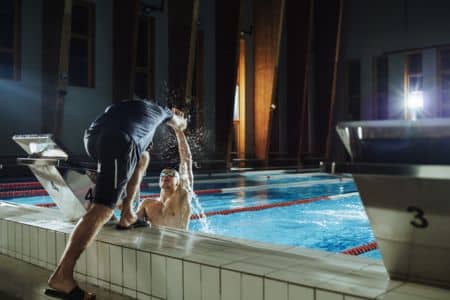
In today’s competitive sports environment, the mental game can make the difference between a good athlete and a great one. While physical training builds strength, speed, and endurance, mental performance coaching equips athletes with the mindset, focus, and resilience needed to excel under pressure. This role has gained significant traction in recent years, with professional teams, collegiate programs, and individual athletes increasingly seeking qualified mental performance coaches to improve performance outcomes.
This guide provides a comprehensive roadmap on how to become a mental performance coach—from understanding the role to obtaining the necessary education, certifications, and experience. Whether you’re a college student exploring career options, a licensed therapist seeking a specialization, or a former athlete transitioning into a new field, this guide will help you navigate the steps with clarity and confidence.
Understand the Role of a Mental Performance Coach
A mental performance coach works with athletes to enhance their psychological readiness and ability to perform consistently under high-stress conditions. Unlike clinical sports psychologists, who address mental health disorders, a mental performance coach focuses on optimizing performance through mindset strategies.
Key responsibilities include:
- Building confidence and mental resilience
- Teaching focus and concentration techniques
- Guiding goal-setting and performance planning
- Providing strategies for managing competition anxiety
- Enhancing communication and teamwork skills
Example: An Olympic swimmer might work with a mental performance coach to develop pre-race routines that reduce anxiety and sharpen concentration—critical for shaving off fractions of a second in competition.
Note: Organizations such as the Association for Applied Sport Psychology (AASP) emphasize the value of structured mental skills training for measurable improvements in confidence and consistency.
Earn the Right Educational Foundation

A strong educational background is essential for credibility and effectiveness in this field. While there’s no single path, most successful coaches hold degrees in psychology, kinesiology, sports science, or related fields.
Educational pathways include:
- Bachelor’s Degree: Psychology, kinesiology, exercise science, or sports science. Coursework should include human behavior, motivation, and performance psychology.
- Master’s Degree: Sport psychology, performance psychology, or counseling with a sports emphasis. This level of education often opens doors to higher-level roles, including positions with professional teams.
- Supplementary Courses: Workshops in coaching methods, neuroscience, and leadership skills.
Practical Tip: Seek programs accredited or recognized by reputable professional bodies (e.g., AASP) to ensure your qualifications are valued in the industry.
Get Certified in Mental Performance Coaching
While certification is not legally required in most regions, it greatly enhances your professional credibility. Certifications demonstrate your commitment to ethical practice and specialized expertise.
Common certifications include:
- Certified Mental Performance Consultant (CMPC) – Offered by AASP, widely regarded as a rigorous, industry-respected credential. Typical prerequisites include graduate-level coursework, supervised practice hours, and a comprehensive exam.
- NASM Mental Toughness Certification – Geared toward coaches and trainers who want to integrate mental toughness strategies within physical training programs.
- Other Credentials – Certifications from national sport organizations or coaching associations tailored to your sport of focus.
Example: A CMPC credential can be a differentiator when applying for roles with NCAA programs or professional teams, where competition for positions is strong. Learn more at the AASP CMPC Certification page. Details available on the NASM official website.
Gain Practical Experience in the Field
Hands-on experience is essential for applying theory in real-world settings.
Opportunities to gain experience:
- Internships: Work with collegiate athletic departments or sports academies to learn how mental performance strategies integrate with physical training.
- Volunteer Roles: Assist local high school teams or community sports programs.
- Mentorships: Shadow experienced mental performance coaches to observe client interactions and intervention strategies.
Practical Tip: Build a simple outcomes log (e.g., pre/post confidence ratings, focus scores, or routine adherence) to demonstrate the impact of your work when interviewing for roles.
Develop Strong Communication and Coaching Skills
While academic knowledge and certifications are important, your ability to connect with athletes is equally critical. Mental performance coaching is as much about building trust as it is about teaching techniques.
Core soft skills include:
- Empathy and cultural sensitivity
- Active listening and motivational interviewing
- Adapting strategies to different personality types and age groups
Example: An elite gymnast may respond well to data-driven performance analysis, while a youth soccer player might benefit more from visualizations and encouraging feedback.
Build Your Brand and Network in the Sports Industry
In a competitive field, your professional reputation can be a deciding factor in landing clients or positions.
Brand-building strategies:
- Develop a professional website showcasing your credentials, approach, and client testimonials (with permission).
- Maintain a professional presence on LinkedIn and relevant sports industry platforms.
- Attend sports psychology conferences, coaching clinics, and industry networking events.
Practical Tip: Prepare a concise one-page capabilities sheet outlining your services, approach, and case highlights; share it with athletic departments and coaching staffs.
Continue Learning and Stay Updated on Trends

The sports performance field evolves rapidly as research in neuroscience, motivation, and human performance advances.
Ways to stay current:
- Attend annual conferences such as the AASP Annual Conference or sport-specific symposiums.
- Subscribe to peer-reviewed journals in sports psychology.
- Complete periodic recertifications and specialized workshops.
Example: Staying informed about new mental imagery and attentional control techniques can provide athletes with a competitive edge during preparation and competition. Visit the AASP Conference information page
FAQs
How long does it take to become a mental performance coach? +
If starting from a bachelor’s degree, many coaches spend 4–6 years completing advanced education and certifications. Licensed therapists or former athletes with relevant experience may transition in 1–3 years with targeted training and credentialing.
What is the difference between a mental performance coach and a sports psychologist? +
A mental performance coach focuses on performance optimization and mental skills training, while a sports psychologist is a licensed mental health professional who can diagnose and treat psychological disorders.
Do you need a license to be a mental performance coach? +
No license is required for mental performance coaching unless you are also providing clinical therapy services. Certifications, however, are strongly recommended to build credibility and attract clients.
Where do mental performance coaches work? +
They work in settings such as professional sports teams, collegiate athletic programs, private consulting practices, and high-performance training facilities. Many also collaborate with athletic trainers, physical therapists, and nutritionists.





